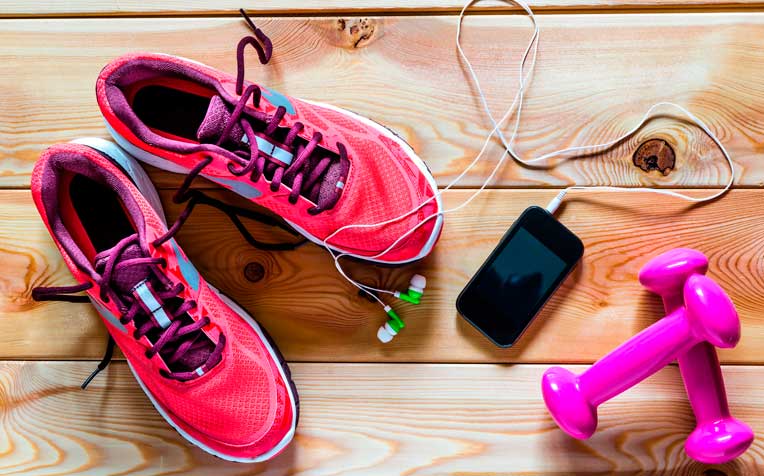1. Most back pain resolves with rest, but slipped discs need 4-6 weeks to heal naturally.
2. Surgery is needed in 10% of cases, especially if there's muscle weakness or bladder dysfunction.
3. Prevent slipped discs through healthy weight, good posture, proper lifting technique, and regular exercise.

A slipped disc can be prevented with exercise and a healthy body weight.
Up to 80 percent of people will experience low back pain due to overworked muscles, bad posture or lifting heavy objects. In most cases, a few days of rest will suffice. If the pain persisted, the cause may be a slipped disc which occurs when one of the spinal discs moves beyond its normal range.
Treatment for a slipped disc
A slipped disc will usually heal by itself within four to six weeks. Avoid bending, lifting and prolonged sitting during this period.
If the slipped disc causes severe back pain, take one to two days of strict bed rest, lying on a firm surface or mattress. You can resume light physical activity thereafter to keep your spine flexible.
To relieve your symptoms, your doctor will recommend pain relief and anti-inflammation medications, muscle relaxants and physical therapy.
One out of 10 cases of slipped disc will require surgery.
“When slipped discs and bone spurs occur in the cervical spine or neck area, the nerves and spinal cord can be affected. In extreme cases, if left untreated, paralysis can occur,” says Dr Guo Chang Ming, Senior Consultant, Department of Orthopaedic Surgery, Singapore General Hospital (SGH), a member of the SingHealth group.
“This is because the spinal cord relays messages to and from the brain to other parts of the body, much like a computer cable. If this cable is damaged, the computer or brain is able to function but none of the peripherals can work properly,” he explains.
If you have difficulty walking or standing, or experience progressive muscle weakness and bladder and bowel dysfunction, surgery is recommended to prevent permanent damage.
Tips to prevent a slipped disc
Maintain a healthy weight to reduce pressure on the discs in the back
- Exercise moderately and regularly (e.g. brisk walking and swimming)
- Keep a good posture when sitting or standing
- Lift heavy objects the right way (use your legs, not your back to lift – bend your knees, squat and lift)
You should seek medical attention for any neck pain or back ache that limits your movements, causes numbness, tingling and muscle weakness, or loss of bladder and bowel control.
“It is important to find the root cause of such problems. Massages and medications provide only temporary pain relief. The condition may deteriorate if left untreated,” says Dr Guo.
Ref: S13
Contributed by














 Get it on Google Play
Get it on Google Play